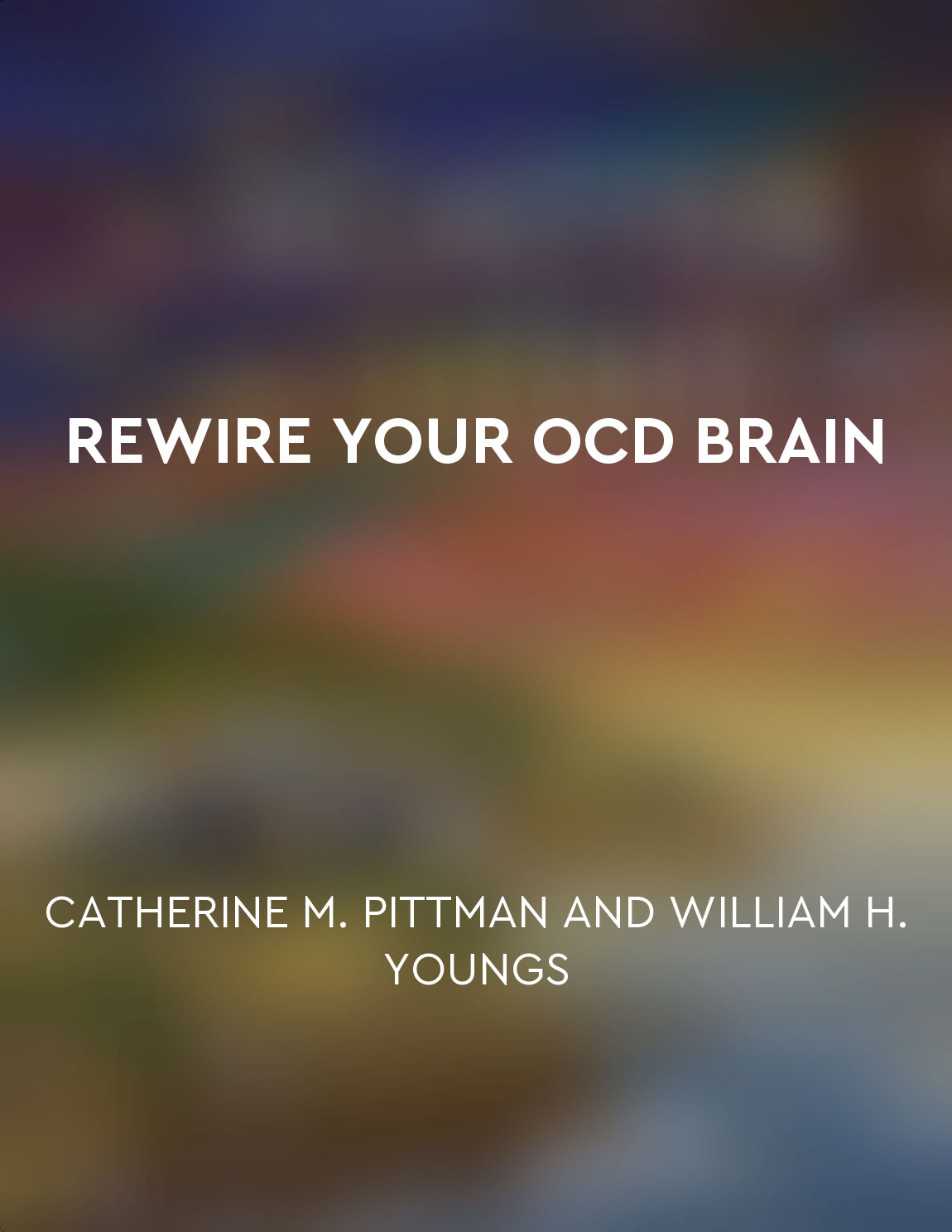Audio available in app
Our bodies respond to stress the same way zebras do from "summary" of Why Zebras Don't Get Ulcers by Robert M. Sapolsky
When a zebra is being chased by a lion, it experiences intense stress. Its heart rate shoots up, its blood pressure increases, and its muscles receive a surge of energy. This is the body's way of preparing for a fight or flight response - a mechanism that has been finely tuned through evolution. The zebra will either escape the predator or become its meal, but in either case, the stress response is activated for a specific, immediate threat. Humans, on the other hand, also experience stress in response to various situations, such as work deadlines, traffic jams, or family conflicts. While our stressors may not be as life-threatening as a lion chasing us, our bodies still respond in the same way as zebras do. The physiological changes that occur during stress - increased heart rate, elevated blood pressure, and heightened energy levels - are meant to help us deal with the perceived threat at hand. However, the problem arises when the stress is chronic, as is often the case in modern society. Unlike zebras, who only experience stress in short bursts, humans are constantly bombarded with stressors that can last for weeks, months, or even years. This prolonged activation of the stress response can have detrimental effects on our health, leading to conditions such as hypertension, heart disease, and depression. In today's world, our stressors are not typically physical threats but rather psychological and emotional ones. The body, however, does not distinguish between different types of stress - whether it's a lion chasing us or a looming deadline, the physiological response is the same. This means that our bodies can remain in a state of high alert for extended periods, leading to wear and tear on our organs and systems. To mitigate the harmful effects of chronic stress, it is essential to find ways to activate the body's relaxation response. This can be achieved through techniques such as mindfulness, meditation, exercise, and social support. By learning to manage our stress levels effectively, we can prevent the long-term health consequences that can result from living in a constant state of fight or flight.Similar Posts

Celebrate your achievements
When you achieve something, no matter how big or small, take the time to celebrate it. Celebrating your achievements reinforces...
The importance of portion control for weight management
Portion control is a key factor when it comes to managing your weight effectively. It is all too easy to underestimate how much...

Engage in activities that bring joy and fulfillment
One essential aspect of managing OCD is to participate in activities that bring you joy and fulfillment. Engaging in activities...

Take ownership of your emotions and actions
Taking ownership of your emotions and actions means accepting responsibility for how you feel and behave. It involves recognizi...

Identify your true self
Identifying your true self is about discovering who you really are at your core, beyond the external labels and expectations th...
Setting boundaries
Setting boundaries involves establishing limits that protect your time, energy, and well-being. It's about knowing what you wil...

Cultivate gratitude for a positive outlook on life
Cultivating gratitude is a powerful practice that can have a profound impact on our outlook on life. When we intentionally focu...
Consistently push your limits
To truly maximize your potential and expand your capabilities, it is essential to consistently push your limits. By challenging...
Meditation can improve mental clarity
In our fast-paced, modern world, our minds are often cluttered with a constant stream of information and distractions. This can...
Recognizing and labeling emotions is the first step towards emotional intelligence
Understanding and managing emotions is a crucial aspect of emotional intelligence. According to Salovey and Brackett, the first...

